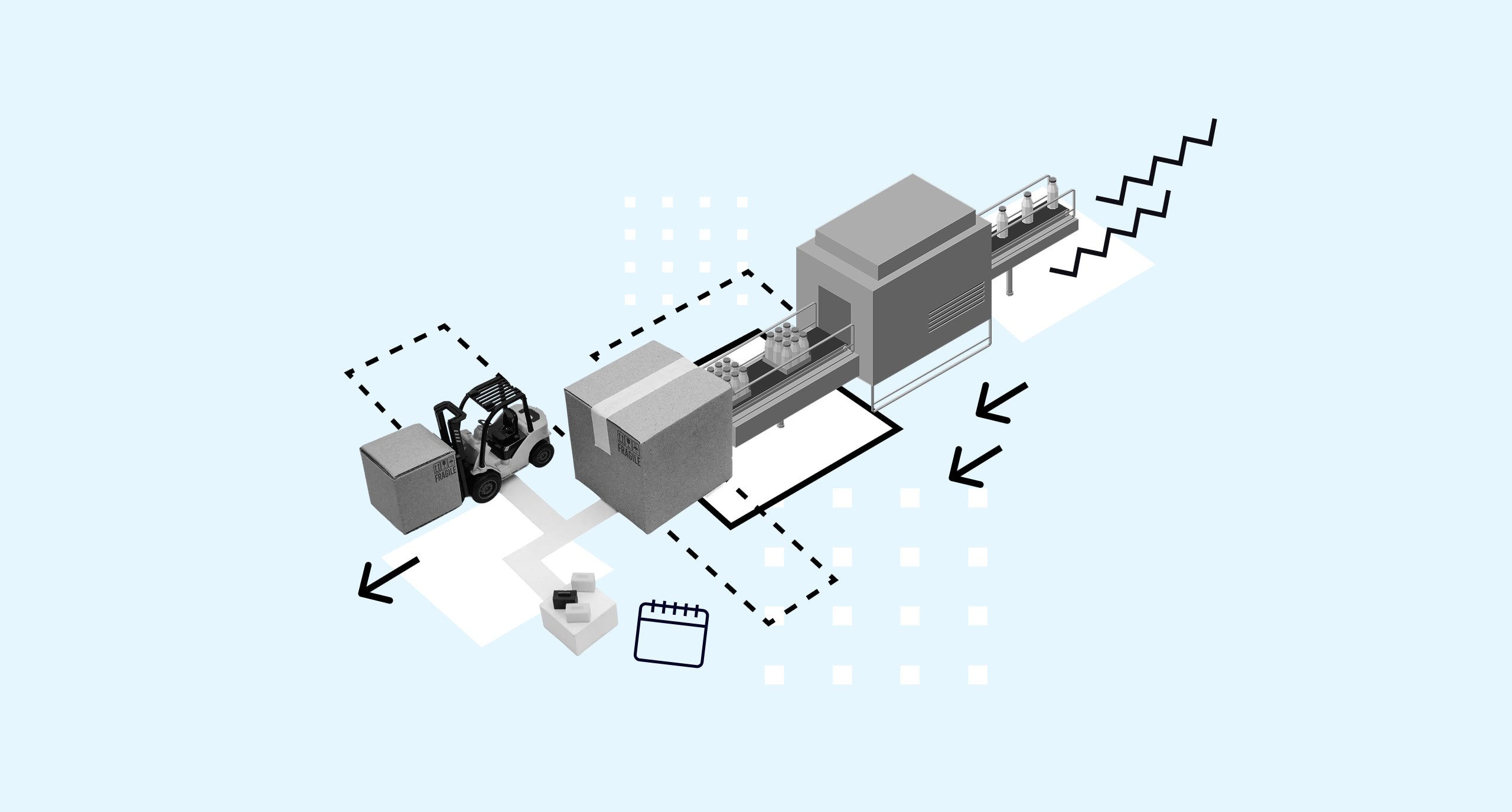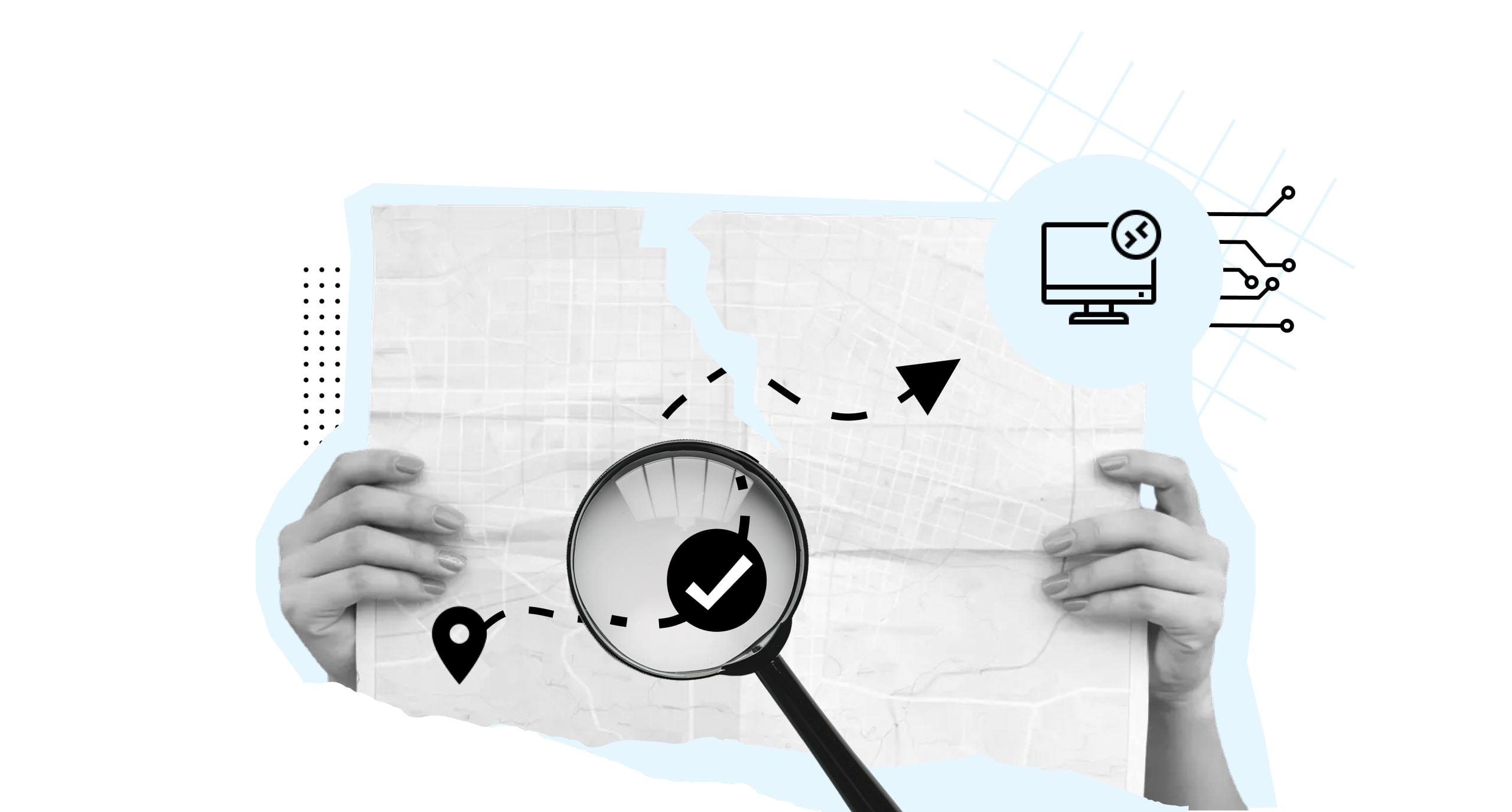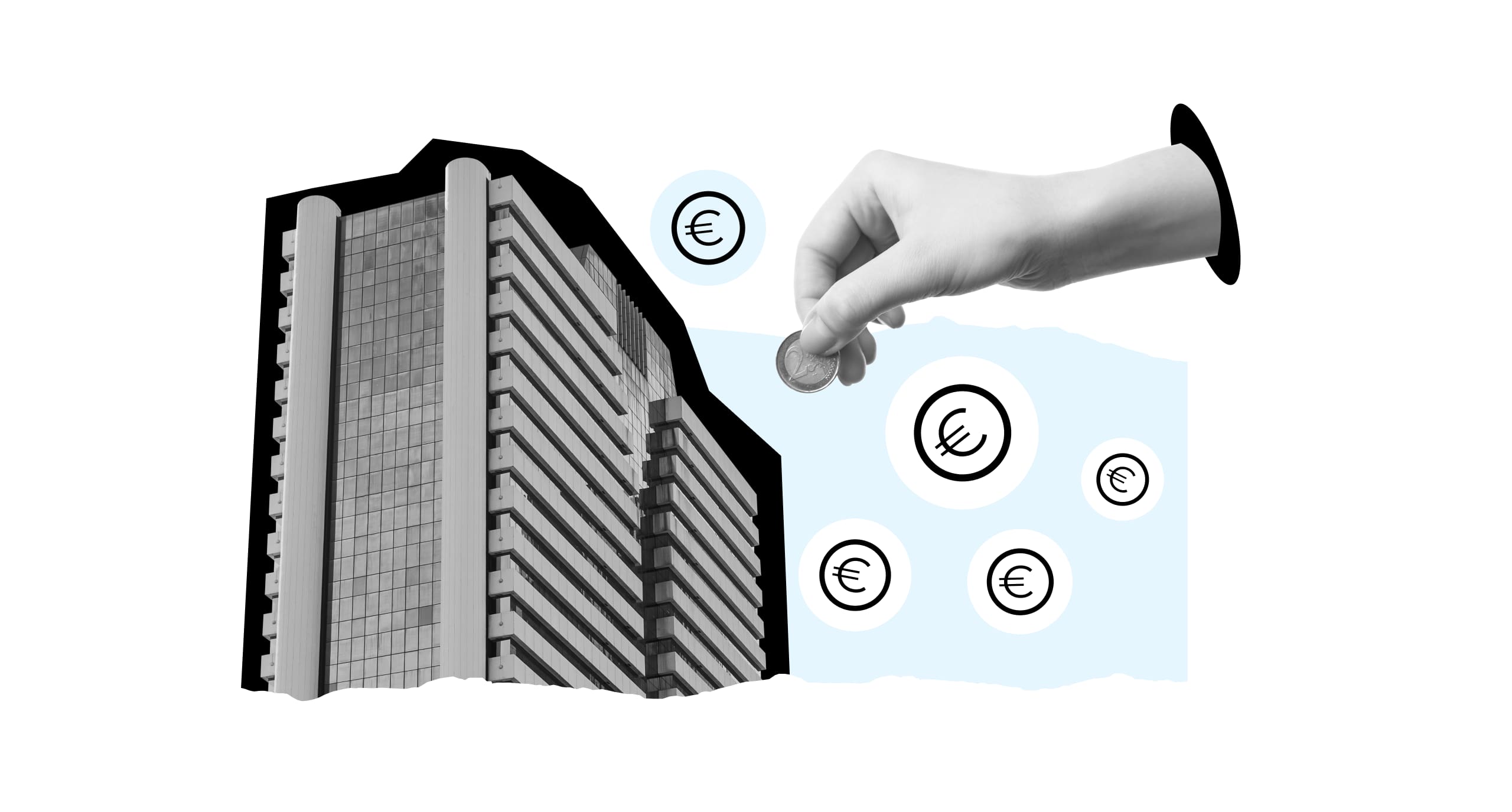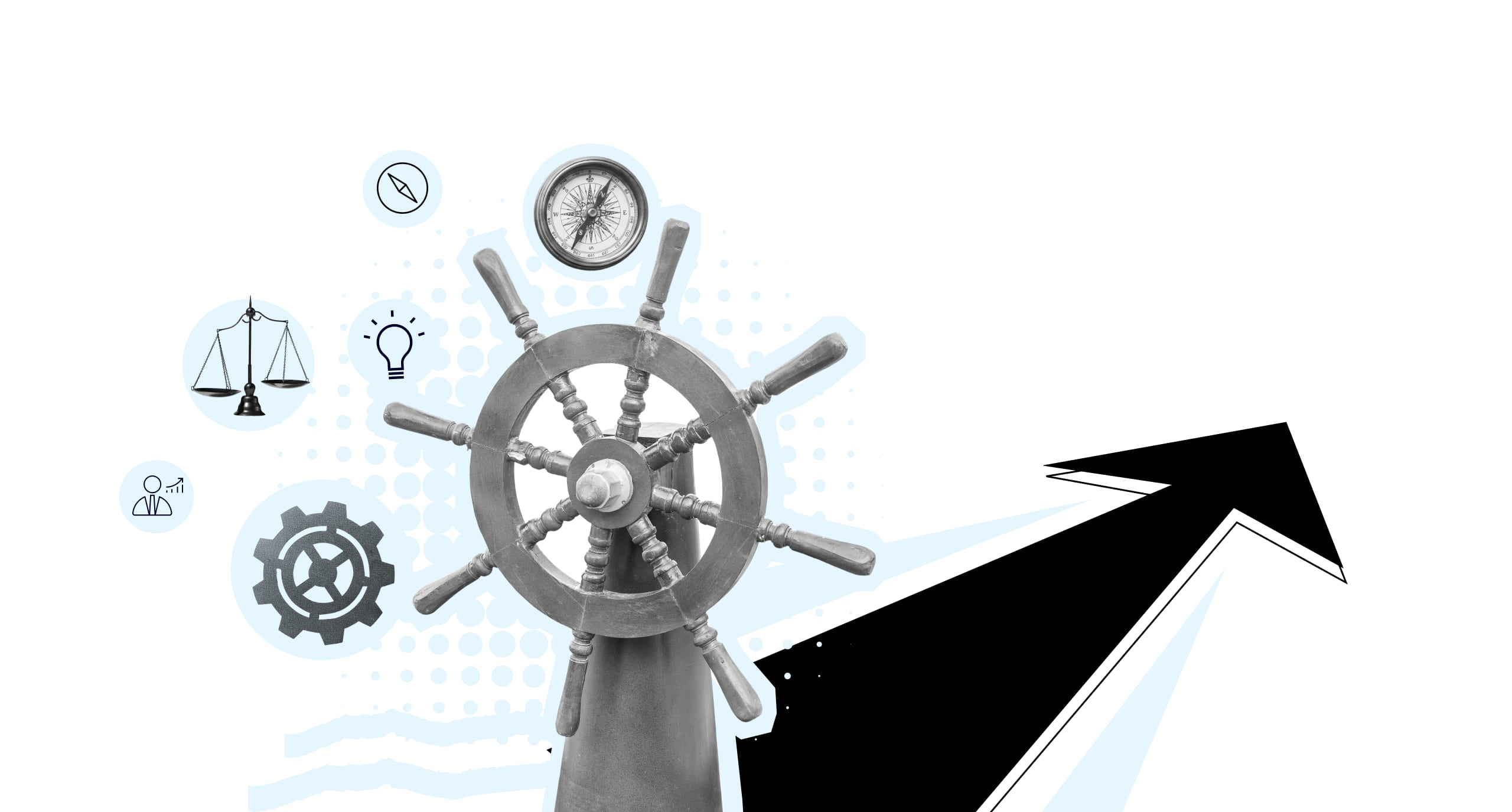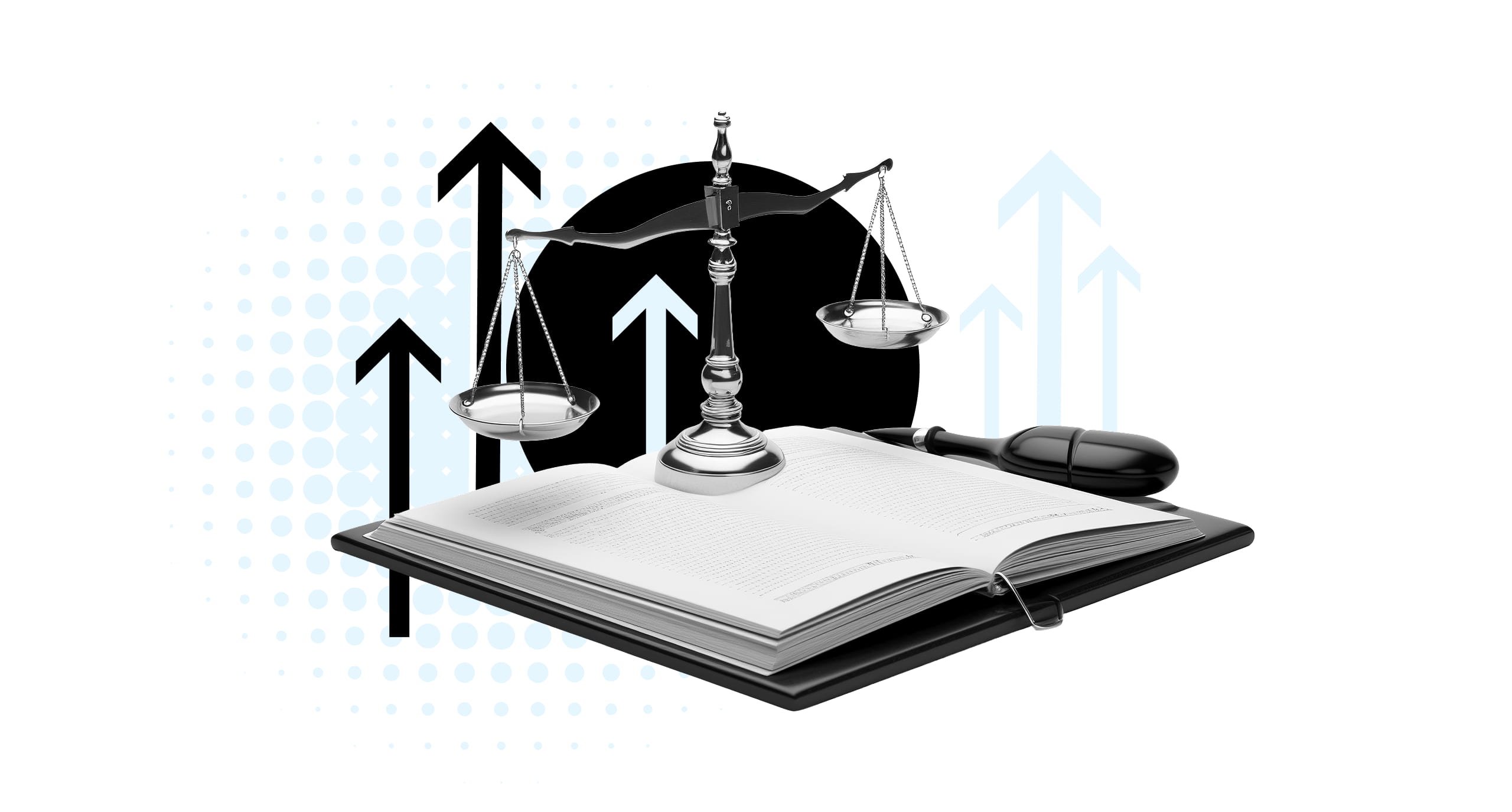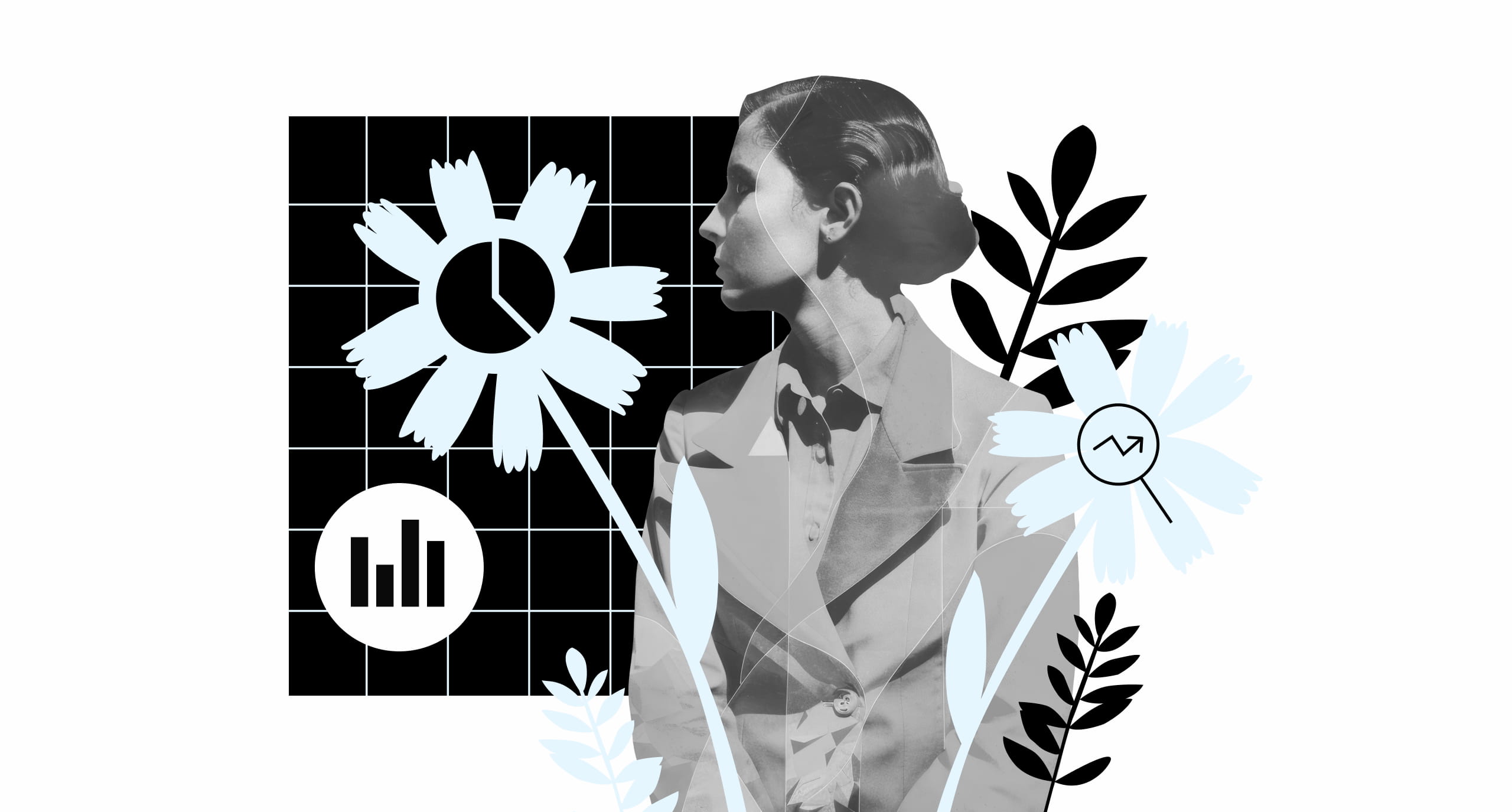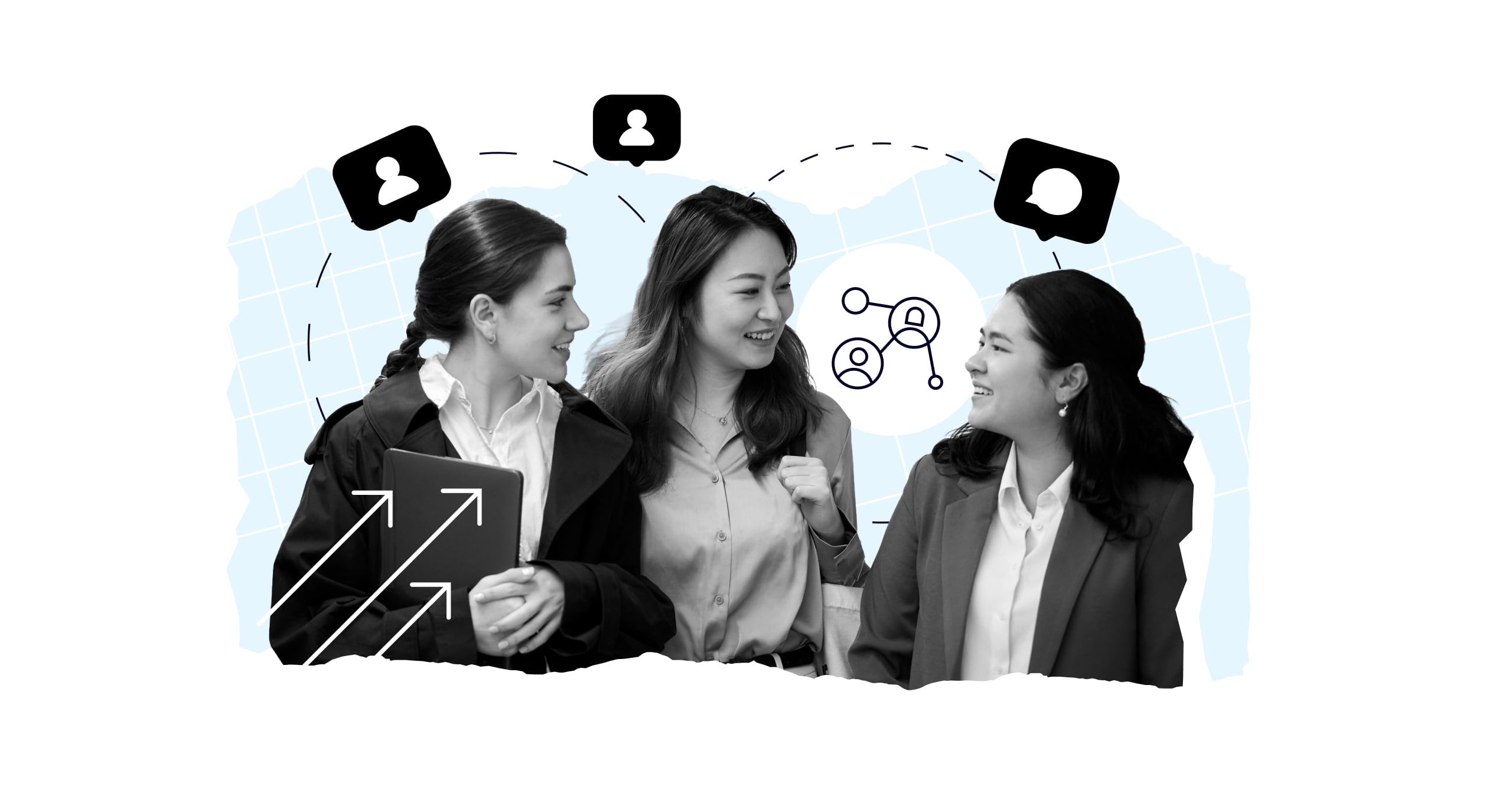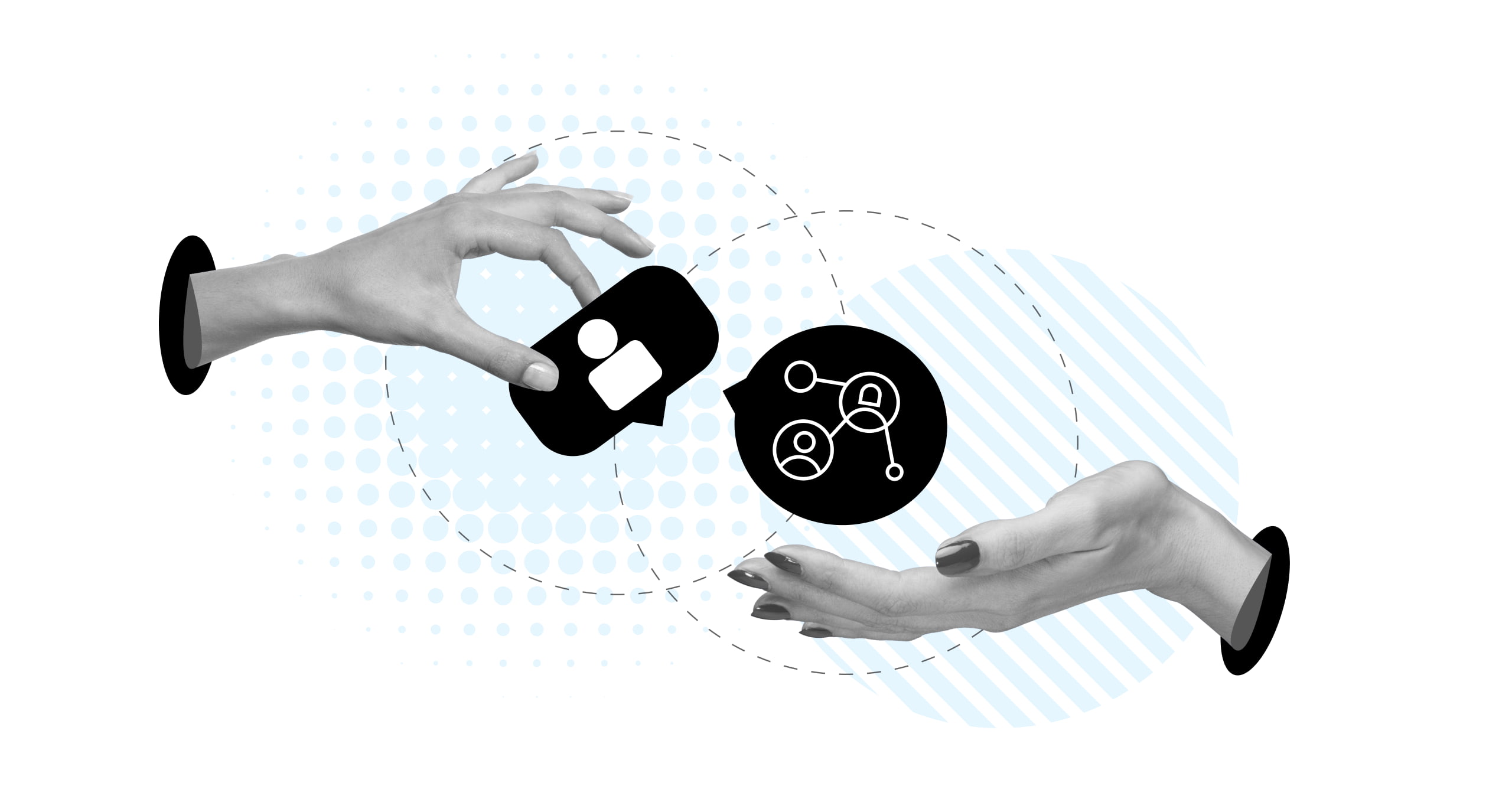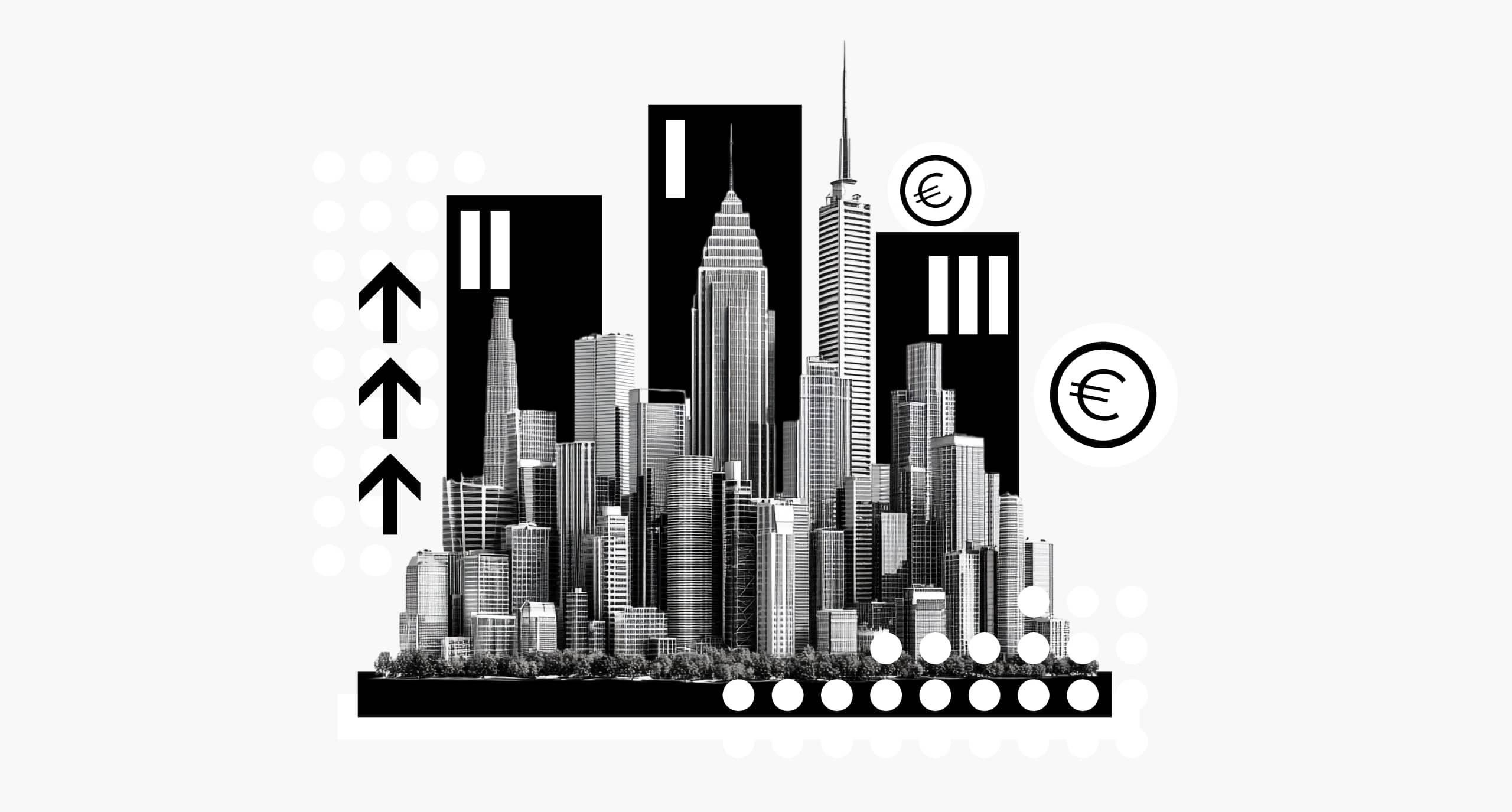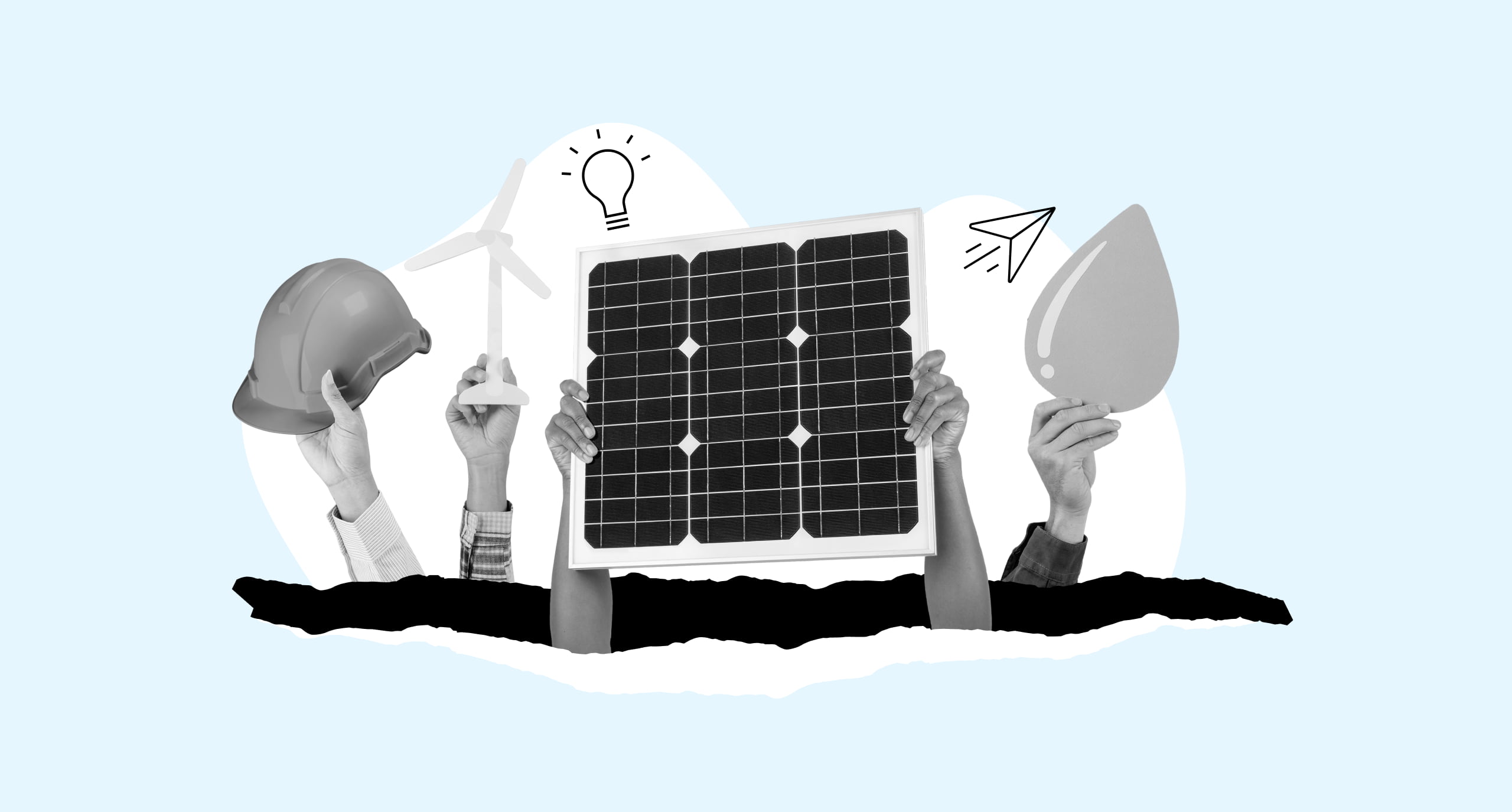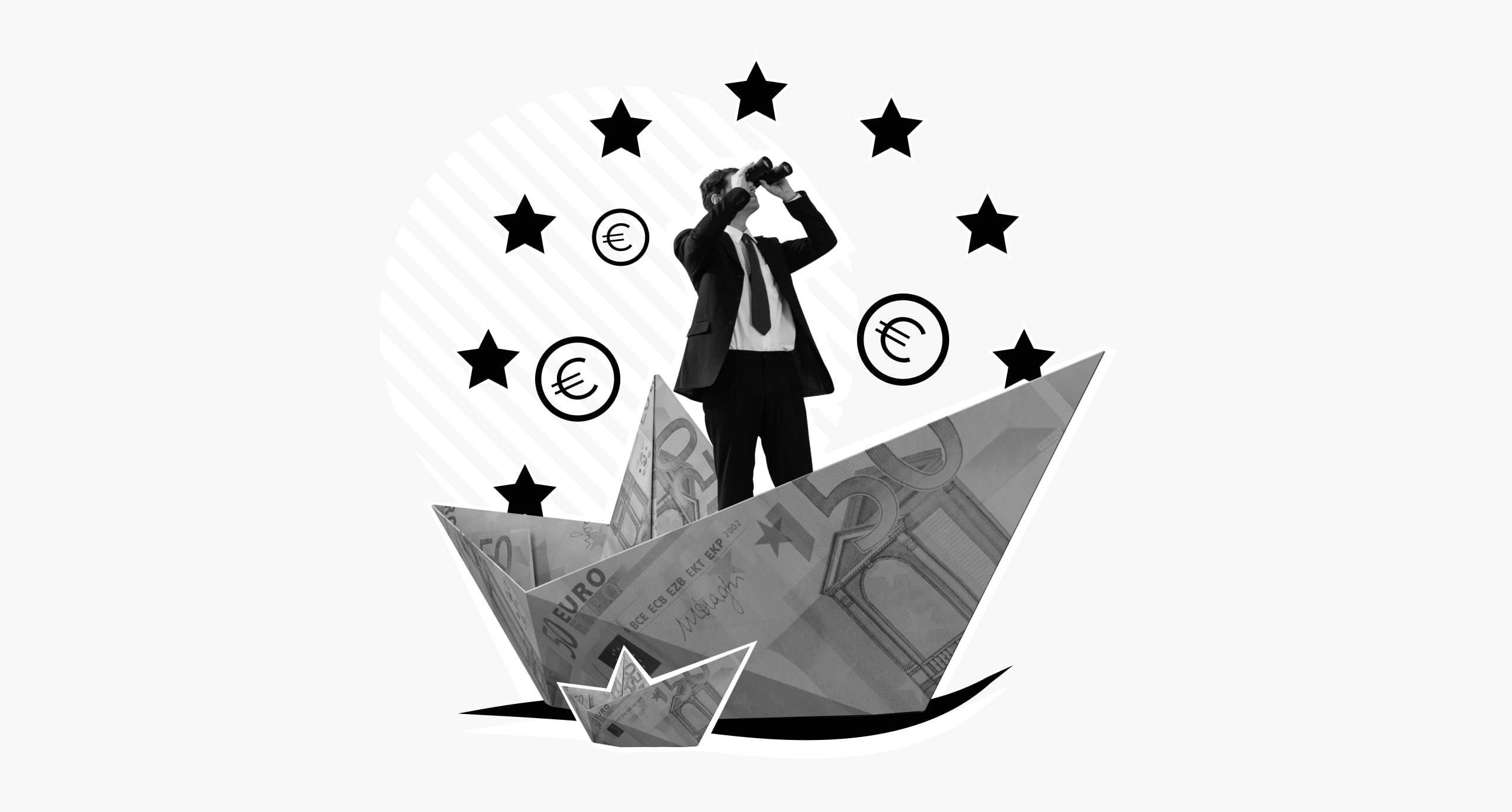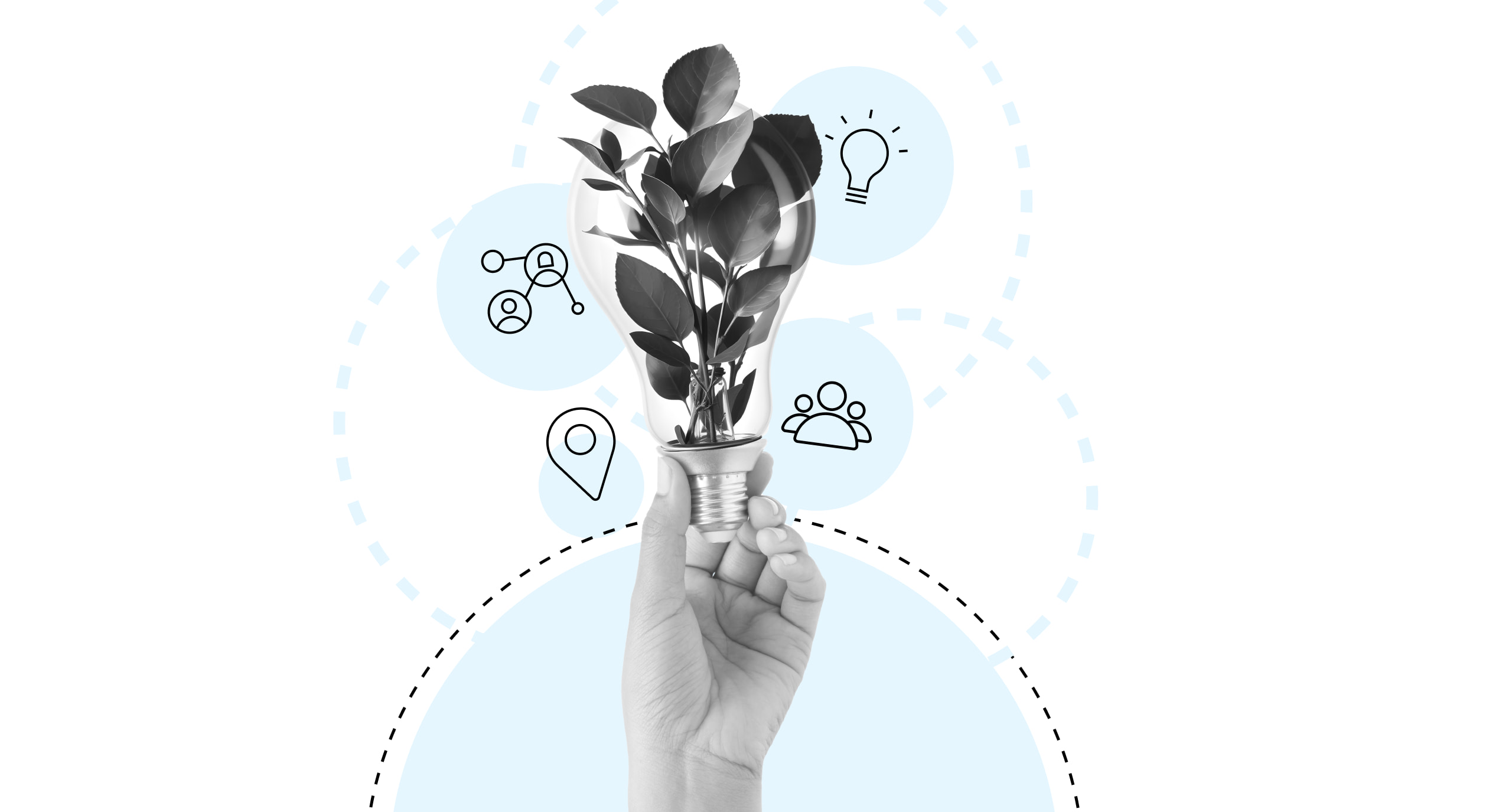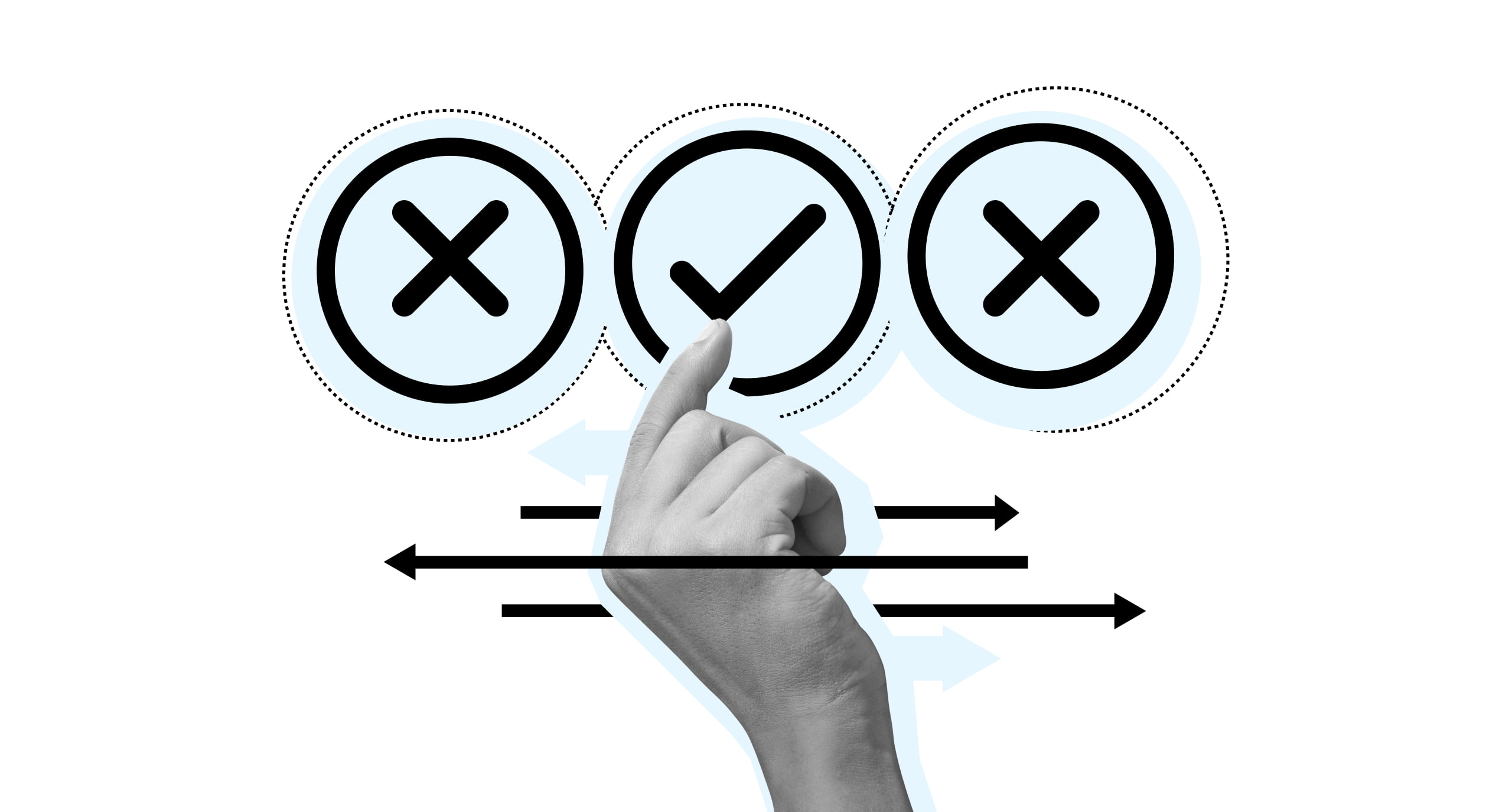At IE Business School, the extracurricular opportunities that allow students to take their learning beyond the classroom are as critical an element of the programs as the courses themselves. In the Master in Finance, students have the choice to visit leading companies in New York or explore the inner workings of London’s financial district. They also have the option of visiting Ghana to get real-world insights on social entrepreneurship initiatives.
The Ghanaian trip is a collaboration with local financial NGOs through the Microfinance Technical Assistance Project. The project aims to help those NGOs to improve, grow and succeed within the particularities of the Ghanaian financial landscape, and provides an outstanding practical lesson for Master in Finance students.
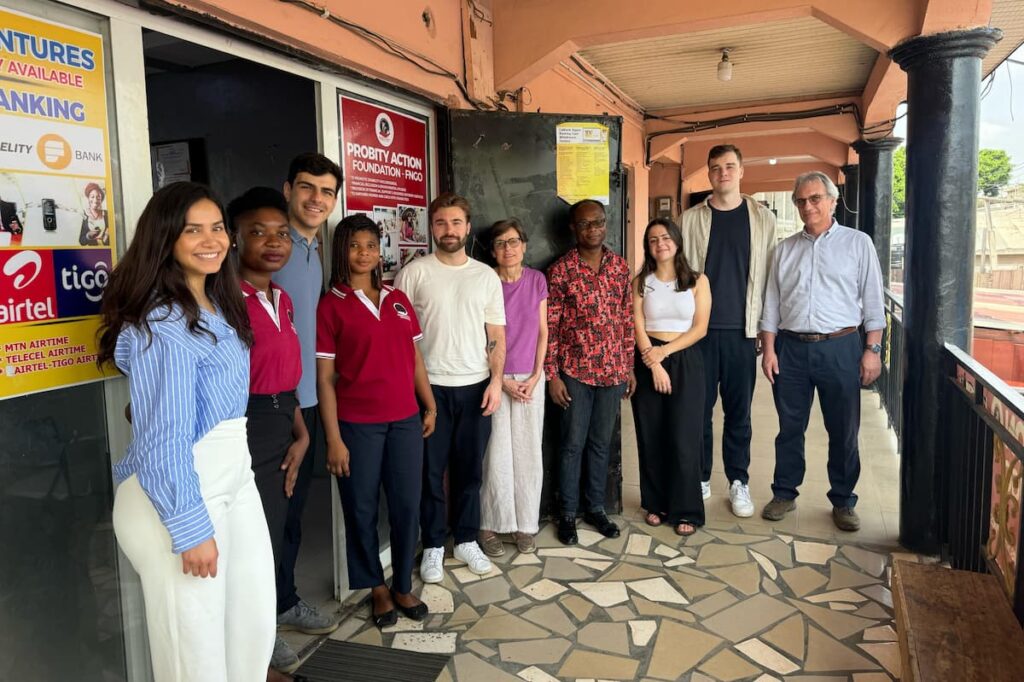
The week-long trip has them “on the ground” to better understand the dynamics of these types of organizations and social entrepreneurship more generally.
Though they are all financial NGOs with a focus on microfinance, project partner organizations have a range of goals and needs. This means that past students have had the chance to engage with numerous topics, tools, and resources in the quest to provide the most valuable insights to partner organizations and add relevant additional elements to their own CVs.
Experiences on the ground when visiting Ghana
Prior to landing in the country for in-person contact with the organizations and their clients, students conduct thorough research into the organizations’ needs and aims. Equipped with this background information, students hit the ground running once they land in Ghana, analyzing the macroeconomic environment and the organizations’ internal processes, financial viability, risk management processes, product offerings and business plans.
The teams also spend various days meeting with organization staff and clients, gaining deeper insight into how they work and how microfinance loans are being used.
All of this fieldwork allows for a complex understanding of the factors at play in each organization’s specific context.
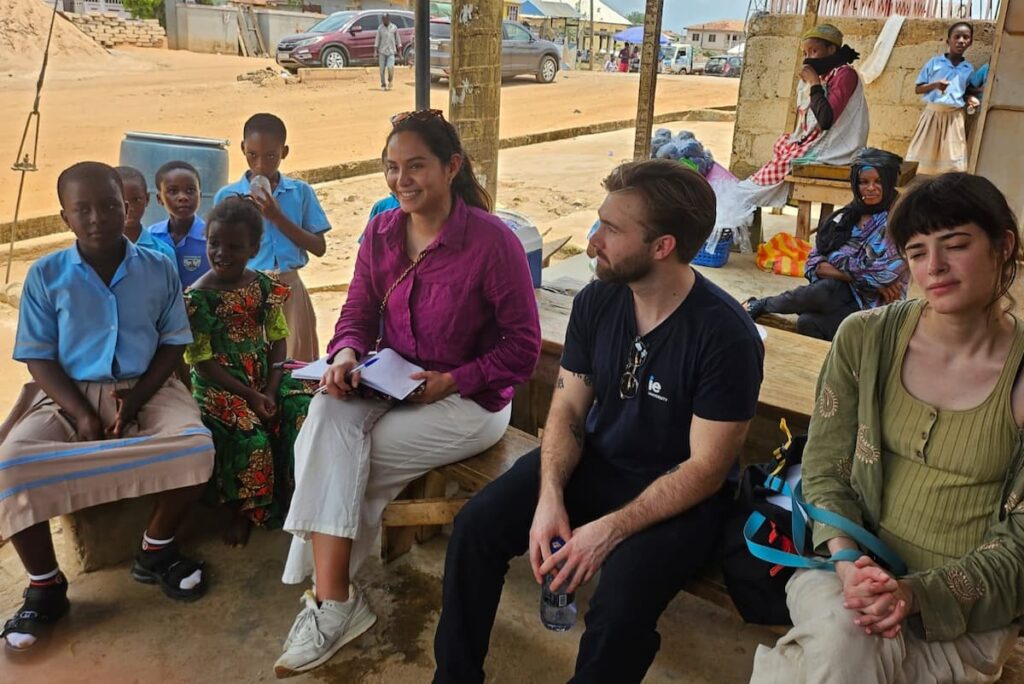
Putting what you know to work
Two students from the 2025 cohort, Victoria Pérez and Giacomo Astolfi, remarked that going to Ghana was the culmination of the year-long, life-changing experience that is the Master in Finance. “For me, I think it really drew on what we learned in the classroom, but it was about applying it hands-on and seeing really tangibly what we had studied in the past year—how it can impact people’s lives and truly make a difference,” said Victoria. “We got to see things firsthand that you wouldn’t necessarily see in large corporations. How they do things in Ghana, but on a smaller level.”
“Collaborating with local microfinance institutions taught me to not overcomplicate things and keep it simple,” said Giacomo. “I was most surprised by the happiness I saw all around me, especially with the kids during our field visit. It was really integrated. That energized us to do our best with the work.”
Victoria echoed this sense of surprise: “What surprised me the most was the kindness of people. Everybody opened their businesses to us, their workplace. It felt like home. And even when we did tourist things, everyone showed us a lot of kindness and generosity.”
An opportunity for mutual teaching and learning
The main purpose of the program in Ghana is for students to apply the knowledge they have gained through the Master in Finance training to develop valuable financial reports. Their insights and recommendations can be used by partner organizations to improve their practices and boost growth.
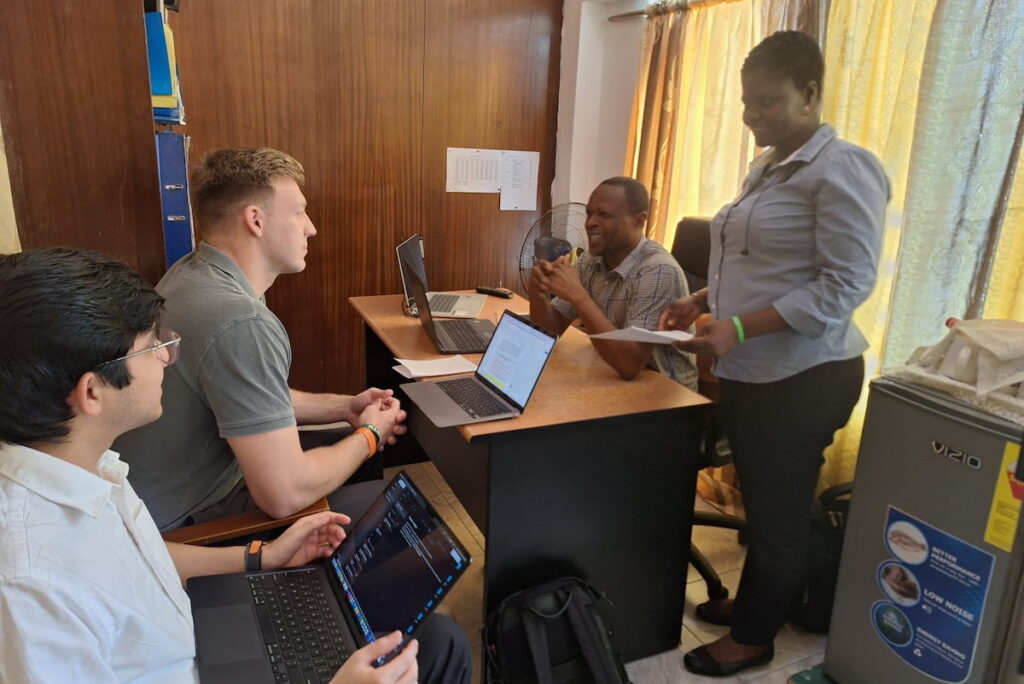
However, the greatest positive outcome from the program for the students is the impact this experience has on everyone involved.
While students are invited to put their skills and knowledge to the test, they also come away from the program with a new awareness of the world, the challenges we face, and how simple it can be to find happiness even in unexpected places with few material comforts.
The greatest lessons when visiting Ghana
Visiting Ghana has been a staple on the Master in Finance for various years. Previous students Fernando Miranda and Alessio Montella took a lot from what they saw and learned, with Fernando commenting, “I learned that providing people with education and opportunity goes a long way in helping them develop, especially the education part.” He pointed out that several clients mentioned that their favorite part of the initiative is the lessons each microfinance organization offers every time they deliver money to the clients. This is an opportunity for everybody to learn.
“We had to use our economic acumen in analyzing the environment, our accounting and modeling skills to understand the institution’s financial performance and develop sound recommendations, as well as our general quantitative skills to evaluate the appropriateness of the institution’s product offerings,” said Alessio Montella.
Alessio admitted that his perspective also shifted in response to what he saw about how his Ghanaian counterparts approached life and found happiness with little material wealth. He acknowledged that many people live with unnecessary stress and anger because they have become accustomed to taking things for granted.
Current student Giacomo found similar revelations from the trip: “The trip made me see finance differently. Many times in our normal lives, we stack things on top of each other and make things difficult for ourselves. But there, you just keep it simple and easy, and that works perfectly. Sometimes in finance, I find it difficult to imagine the material impact. But seeing the results of what we’re doing, that made everything feel real and material.”
Absorbing the country through these personal interactions will enrich students’ experiences as well as help them forge connections with their classmates and local people.
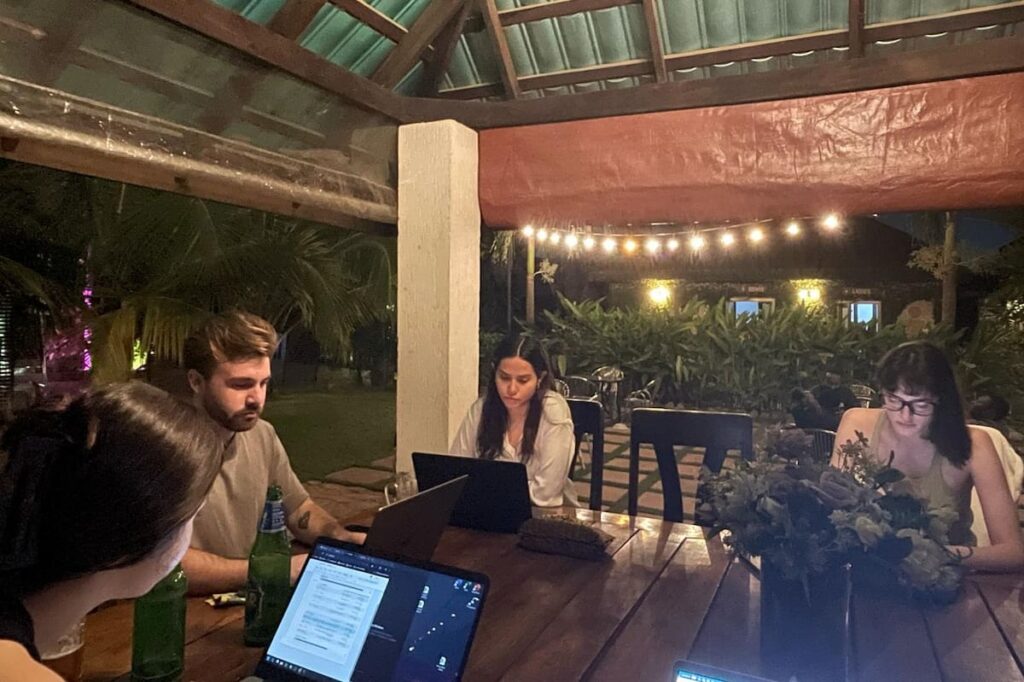
Lessons like these will last for a lifetime, and offer a valuable and worthwhile addition to every participant’s professional profile. As Alessio reflected, the trip to Ghana taught him the enormous impact that such initiatives can have. And from a personal point of view, he’ll forever appreciate the great value in helping—and remember to always offer it where it’s needed.
Sound intriguing? Discover the Master in Finance here.
IE Business School’s Master in Finance is an innovative program with multiple specializations and unique opportunities to take learning out of the classroom and into the real world.

Benjamin is the editor of Uncover IE. His writing is featured in the LAMDA Verse and Prose Anthology Vol. 19, The Primer and Moonflake Press. Benjamin provided translation for “FalseStuff: La Muerte de las Musas”, winner of Best Theatre Show at the Max Awards 2024.
Benjamin was shortlisted for the Bristol Old Vic Open Sessions 2016 and the Alpine Fellowship Writing Prize 2023.

